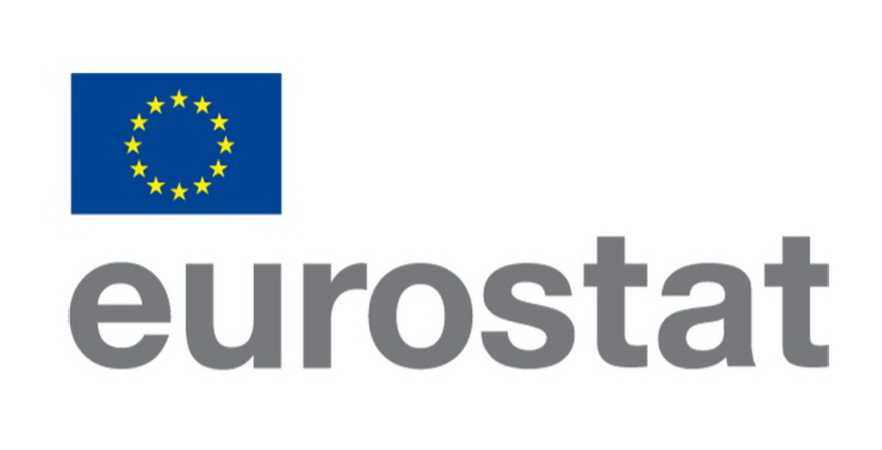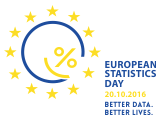Legal basis
External trade is conducted on the basis of Law on Official Statistics and Official Statistical System of Montenegro (Official Gazette of Montenegro 18/12); Agreement on Mutual Cooperation between Statistical Office of Montenegro and Customs Administration of 22 June 2004 (Annex II of 20 January 2009); customs laws (Official Gazette of the Republic of Montenegro 7/02, 38/02, 72/02, 21/03, 29/05, 66/06, and 21/08); and Rulebook on Form, Contents, Manner of Submitting and Filling Customs Declarations and Collective Registration (Official Gazette of the Republic of Montenegro 03/03, and 08/07).
METHODOLOGICAL BASES
Purpose of survey
External trade statistics is an important data source for National Accounts, Balance of Payment and short-term economic analyses. It is especially important for monitoring competitiveness of a country aimed at successful economic policy management, preparation of trade negotiations and monitoring, as well as preparation of trade agreements. On the basis of this statistics there is defined: general economic policy; development of trade policy; market analysis for exporters and importers aimed at defining their commercial strategy; material balance for strategic products, aimed at the market control in the area of agriculture and energy, etc.
Coverage of survey
Statistics of international trade of goods covers all goods exported from Montenegro, goods imported from abroad, and goods released in free circulation. Export includes goods leaving a statistical territory of Montenegro in accordance with the following customs procedures: export, outward processing and re-exportation, that was in procedure of inward processing and processing of goods under customs control.
Import covers all goods entering statistical territory of Montenegro in accordance with the following customs procedures: import for free circulation, inward processing, re-importation, and processing of goods under customs control.
Data sources
The main data source for external trade statistics is standard customs declaration Single Administrative Document (SAD) on import and export of goods.
Obligation to protect individual data
There are two types of confidentiality in the external trade statistics: active and passive statistical confidentiality. Active confidentiality exist in cases when statistical bodies starts themselves an initiative to protect the data both for state and individual business entity interests. Passive confidentiality is present when state bodies or importers/exporters request from statistical bodies not to publish the data which may cause damage for them or for state interests. External trade statistics uses a passive statistical confidentiality.
For more details about published data, methodology, and releases please see the sections below.
Data
Methodology
Publications
Metadata
Quality







